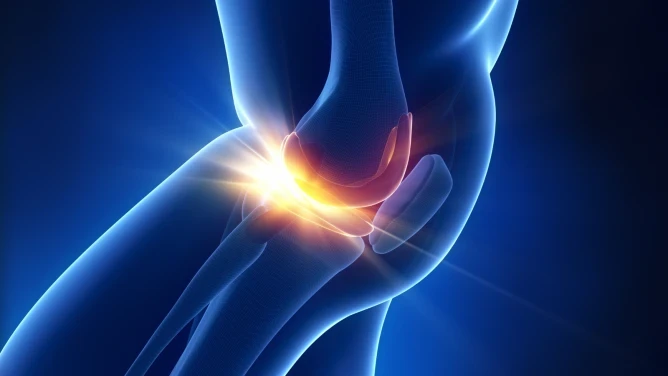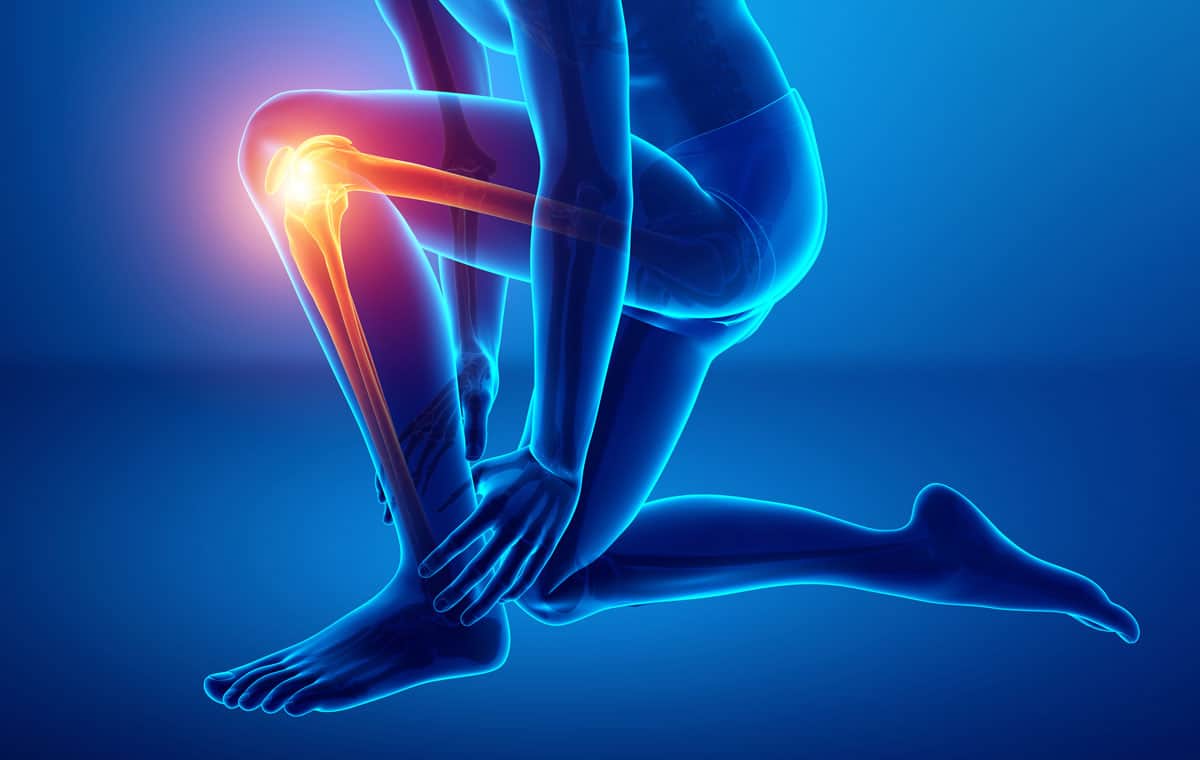A torn meniscus can cause you a lot of pain and discomfort. These relatively common knee injuries have a prevalence rate of 12%-14%. If you have suffered a meniscus tear, you need to seek treatment right away so you can start recovering.
Arthroscopic knee surgery is a common treatment option that doctors may recommend for a torn meniscus. However, this surgery is invasive and comes with side effects such as bruising or blood clots. If you are looking for a minimally invasive alternative to recover from your knee pain, you can opt for regenerative techniques such as stem cell therapy.
What is a Torn Meniscus?
The cartilage in your knees that cushions your thigh bone and shinbone is called your meniscus. If you play a lot of sports or twist and turn your knees a lot, you risk tearing your meniscus, and this can lead to a lot of pain and discomfort. The level of pain you feel will vary based on the severity of your tear, but even if you don’t feel debilitating pain right away, you should still get checked by a medical professional as soon as possible.
If you tear your meniscus, you will feel:
- Pain in the knee joint
- Stiffness
- Swelling
- Locking knees
Meniscus Tears Should Not Be Left Untreated
Meniscus tears should not be left untreated because continuing your daily activities with a torn meniscus may pull some of your cartilage into your joint, causing more significant knee issues to arise. Untreated meniscus tears can also turn into other serious conditions over time, such as arthritis.
The longer you leave a meniscus tear untreated, the greater the chances are you will need surgery in the future to help you manage your pain. It is important to note that your meniscus will likely need medical intervention to heal properly if the tear is deeper since this area of your body often lacks proper blood flow.
When you get your medical checkup, your doctor may recommend arthroscopic knee surgery if your case is severe. If you do not want to undergo surgery, they may also offer alternative options.
Physical Therapy, RICE, and Medication for Meniscus Tears
There are several alternative therapies your doctor may recommend before or after knee surgery.
These therapies include:
Physical Therapy
Physical therapy is considered a conservative treatment that is often undertaken to avoid surgery, and it may be required after surgery as well. The purpose of physical therapy is to help you regain your range of motion, control, as well as strength. Physical therapy usually starts with small exercises such as flexing and increases to stretches and more advanced exercises over time based on your progress.
Rest, Ice, Compression, and Elevation (RICE)
Your doctor may also recommend you use a cane for a few weeks, so your knee does not have to bear much weight. In this two-week period, they may also recommend you rest a lot, and use ice, compression, and elevation to reduce pain and swelling.
Medication
After suffering a meniscus tear, your doctor may recommend you take anti-inflammatory drugs to help reduce your swelling and pain. However, these medications come with their fair share of side effects and should only be used when specified by your doctor, and after you understand all the potential repercussions they may have on your health.
Since deeper meniscus tears usually can not heal properly on their own, it is always a good idea to seek out treatment options to assist in the recovery process. At GIOSTAR Chicago, we offer a wide range of regenerative techniques that help your body heal as naturally as possible.
One of our regenerative therapies that may be highly effective in treating meniscus tears is stem cell therapy.

Stem Cell Therapy for Meniscus Tears Instead of Surgery
If you are looking for a way to get to the root of your pain and suffering, stem cell therapy is a great alternative.
A recent research study revealed that stem cell therapy is not only safe, but it is also very effective at healing meniscus tears. Another 2021 review study published in Orthopaedic Surgery came to a similar conclusion and emphasized that stem cells promote meniscus regeneration in a better way than surgery possibly could. Stem cells are able to differentiate into cartilage tissue which can help repair the meniscus and speed up the patient’s recovery process.
Arthroscopic knee surgery may be able to restore function to your knees and help heal your meniscus tear, but this surgery is invasive and comes with certain risks. These risks include blood clots, nerve damage, swelling, and stiffness.
If you want to minimize the risks and also maximize your chances of recovering properly, you should get in touch with our medical specialists at GIOSTAR Chicago to learn more about our stem cell therapy for meniscus tears.
Get Stem Cell Therapy to Treat Your Meniscus Tear Today
At GIOSTAR Chicago, we are leaders in stem cell therapy and our goal is to help all our patients get the pain relief and good health they deserve. We strive to provide the best experience to each of our patients and use the latest techniques to ensure your chances of healing are optimized.
What Our Patients Are Saying About Our Stem Cell Therapy for Menisus Tears
“I basically had to decide between arthroscopic surgery on my knee, or stem cell therapy for my meniscus tear. Me being an athlete who enjoys hitting the gym regularly, I opted for stem cell therapy with GIOSTAR Chicago and I’ve been amazed with the results so far. I’m 6 months out from my treatment and my knee feels a lot better. I can run, squat, do lunges, and push my prowler sled! I’m glad I didn’t go under the knife, and went with stem cells instead.”
— George Reimer
Get in touch with us today to learn more about our stem cell therapy for meniscus tears.
About GIOSTAR Chicago:
GIOSTAR Chicago is dedicated to developing the most advanced stem cell-based technologies and providing the best regenerative medicine for people who want to enjoy a healthy and active lifestyle.


